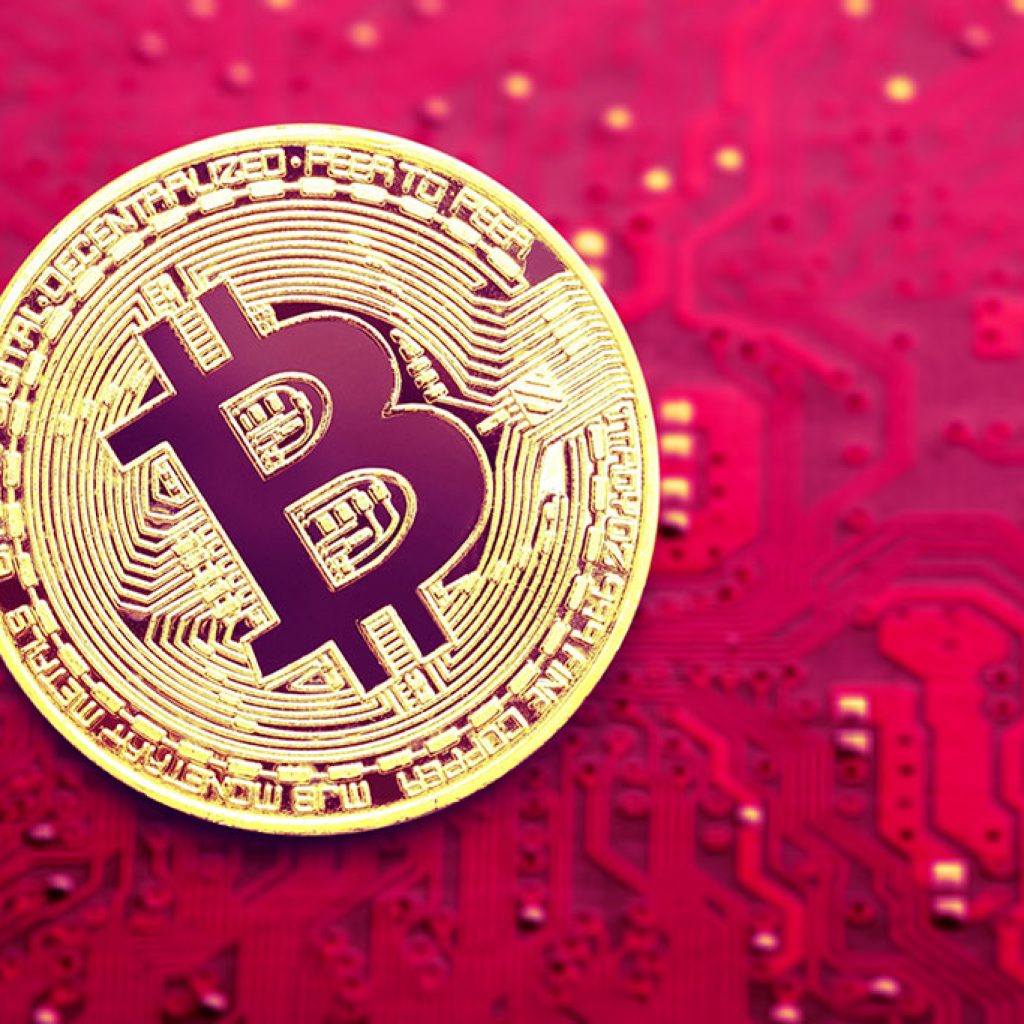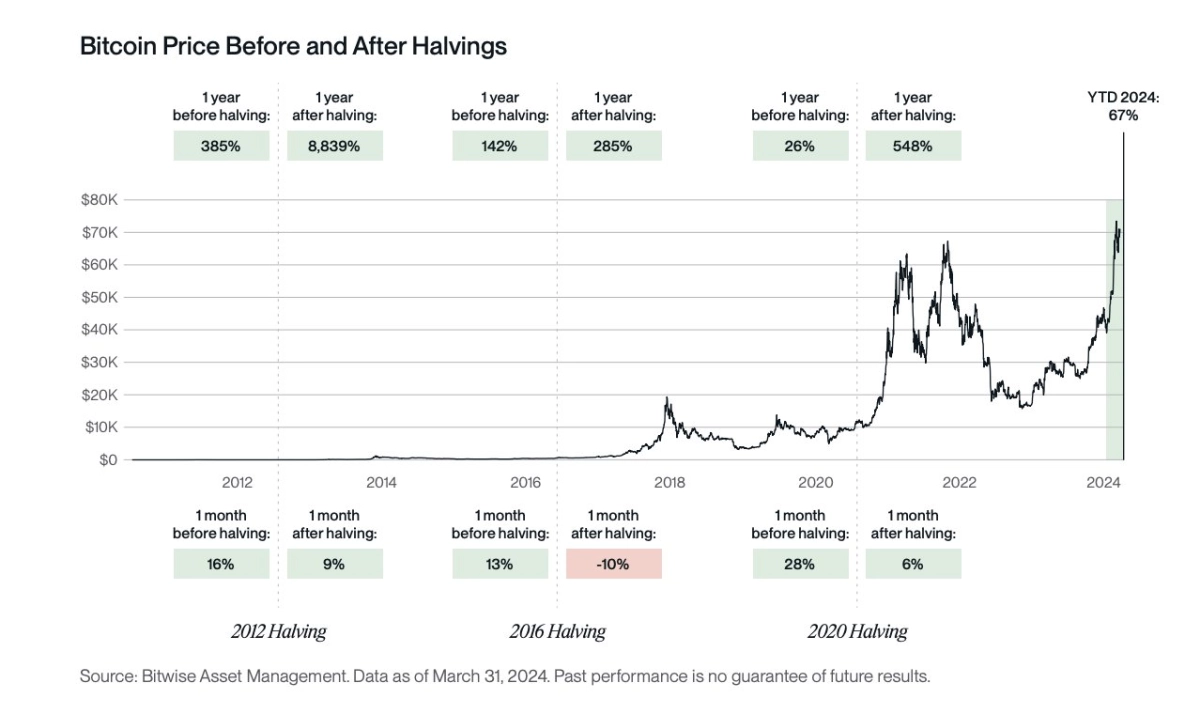After incumbent Recep Tayyip Erdogan won the 2023 Turkish presidential election, the Turkish Lira fell sharply and hit a new low against the US dollar. Brendan McKenna, a specialist in developing markets and foreign exchange at Wells Fargo, spoke pessimistically about the currency due to Erdogan’s victory. In the upcoming months, McKenna expects the Lira to reach new lows as it continues to depreciate.
Erdogan retains office and the Turkish ucrrency hits new lows
As incumbent Recep Tayyip Erdogan won the 2023 presidential election, extending his authority into a third decade in office, the Turkish currency plunged to a new record low. Around 11 a.m. local time on May 30, the exchange rate reached 20.0608 to the US dollar, exceeding a low from the previous week. When it came to the dollar, it was at 20.0913 around 12:45 London time.
Brendan McKenna, an Emerging Markets Economist and FX Strategist at Wells Fargo indicated in an interview with CNBC that “We have a pretty pessimistic outlook on the Turkish Lira as a result of Erdogan retaining office after the election.”
According to McKenna’s forecast, the Lira will hit a new record low of 23 against the dollar by the end of the second quarter, and by the start of next year, it may reach a low of 25. Over the past five years, it has lost around 77% of its value relative to the dollar. He anticipates that Turkey’s unconventional monetary and economic policy frameworks will continue.
Erdogan supports the unconventional view that rising interest rates cause inflation, and Turkey’s monetary policy prioritizes growth and export rivalry over containing inflation.

Economic turmoil in Turkey blamed on Erdogan’s unorthodox policies
Turkish inflation is currently hovering around 44%, although it spiked to 85% in October. Minna Kuusisto, the chief economist at Danske Bank, cautioned that if Erdogan gets re-elected, a significant currency crisis is on the horizon, barring a change in his economic policy.
According to Marc Chandler, Bannockburn Global FX’s chief market strategist, foreign asset managers are not to blame for the selling pressure on the Turkish Lira. He emphasized that it is primarily the capital attempting to flee Turkey rather than foreign investors selling Turkish assets.
Anti-crypto Kemal Kilicdaroglu, the head of the opposition who is pro-crypto, received 48% of the vote, giving Erdogan a razor-thin 52% majority. Erdogan, who has ruled the nation for the past 20 years. He is set to continue in office for another five years.
After his victory, the president adopted a hawkish attitude. He jabbed at his political rivals and vowed to keep up his unconventional economic strategies. Erdogan has fiercely opposed increasing interest rates to control inflation. People may turn to store-of-value assets like Bitcoin and gold due to the decline in monetary value.
Turkish government faces economic challenges amid crypto boom
Two variables that have contributed to the high inflation rate are the rising energy cost and the Turkish Lira’s declining value. Similar increases in inflation rates have been seen in other nations, and the European Central Bank is about to hike interest rates for the first time in 11 years.
The amount of BTC on LocalBitcoins in the area has dramatically increased as the Lira has fallen. Compared to the fourth quarter of 2021, BTC peer-to-peer trade volumes climbed significantly in the first and second quarters 2022.
Compared to the fourth quarter of 2021, the trade volume of LocalBitcoins increased by 51% in the first quarter of 2022 and by 40% in the second. These significant gains show people are using cryptocurrency to stabilize their financial situations.

The Turkish government is using several strategies amid the current economic turmoil. However, people of various ages and genders invest in cryptocurrencies, and neither factor drives this trend.
The president of Turkey, Recep Tayyip Erdogan, has made no secret of his distaste for interest rate increases, calling them the “mother of all evil.” As a result, the Turkish Lira has decreased, and the nation may need to make drastic changes to deal with the issue.
Crypto payments were outlawed in Turkey in 2021, but this has not stopped people from investing in it as an asset class. It is more likely that investments in cryptocurrencies will rise if the conflict persists. Although that seems to wane, people have regularly turned to cryptocurrencies as a hedge against inflation.





